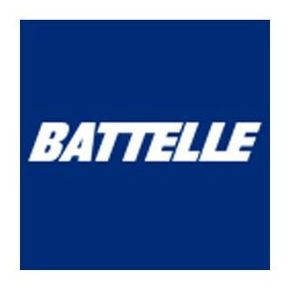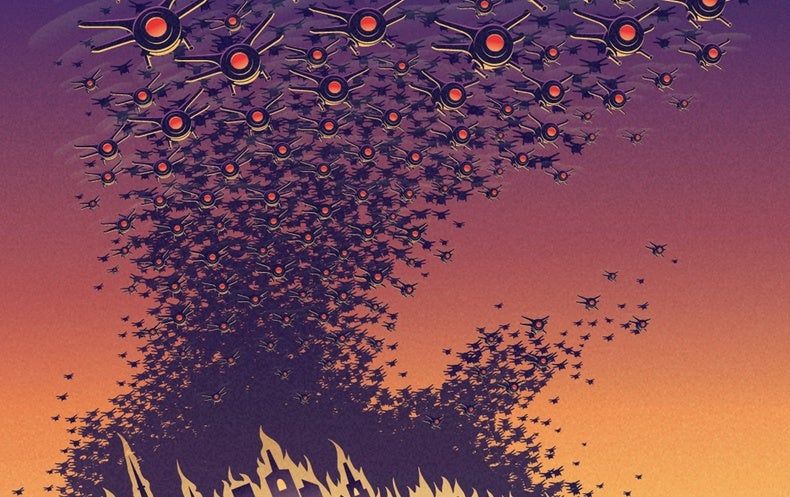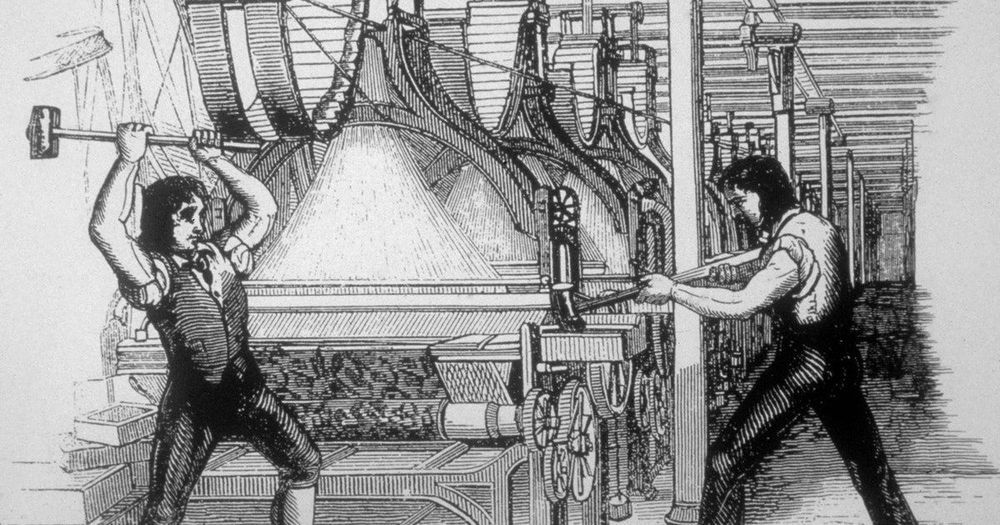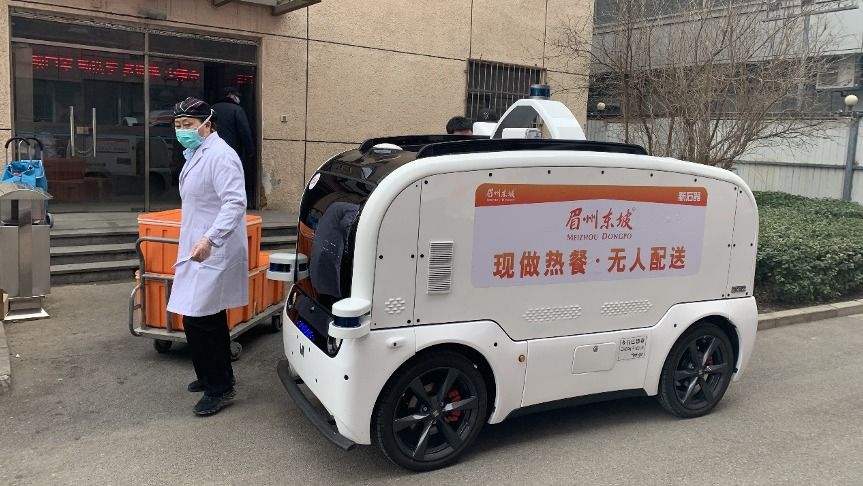With its futuristic design, in-wheel electric motors, autonomous driving technologies and Lexus Advanced Posture Control, the LF-30 Electrified concept redefines how a vehicle can move you.



Here’s an exciting concept that was actually first discussed in 1959 by Richard Feynman in an article entitled “There’s Plenty of Room at the Bottom”.
I am most interested in this technology for mind uploading.
“Battelle’s N3 concept for a minimally invasive neural interface system, called BrainSTORMS (Brain System to Transmit Or Receive Magnetoelectric Signals), involves the development of a novel nanotransducer that could be temporarily introduced into the body via injection and then directed to a specific area of the brain to help complete a task through communication with a helmet-based transceiver.”
COLUMBUS, Ohio—(BUSINESS WIRE)—Battelle has for years successfully demonstrated brain-computer interface (BCI) projects—just look at NeuroLife®, which has enabled a quadriplegic man to move his hand again using his thoughts. Now, the government’s forward-thinking Defense Advanced Research Projects Agency (DARPA) has awarded a contract to a Battelle-led team that pushes researchers into the realm of what was once considered science fiction.
“This is one of the most exciting and challenging projects I have worked on” Tweet this
Imagine this: A soldier puts on a helmet and uses his or her thoughts alone to control multiple unmanned vehicles or a bomb disposal robot. That’s the basis for this effort for DARPA’s Next-Generation Non-Surgical Neurotechnology (N3) program. The N3 program seeks development of high-performance, bi-directional brain-machine interfaces for able-bodied service members. Most of the current BCI research, including Battelle’s NeuroLife technology, focuses on helping people with disabilities who must undergo invasive implant procedures, including brain surgery, to enable a BCI that can restore lost function. For the next BCI leap, in which the technology can be used by healthy military service members, it’s imperative to find lower-risk and less-invasive options.

DARPA has announced the four companies it has selected to work under its Manta Ray Program. Three of the companies will be tasked with developing ‘an integrated solution’ for the program’s operational and technology areas, according to DARPA. The fourth company will instead focus on the topic of undersea energy harvesting options capable of working at the depths DARPA has planned.

Ban Killer Robots
“Robotic weapons that target and destroy without human supervision are poised to start a revolution in warfare comparable to the invention of gunpowder or the atomic bomb. The prospect poses a dire threat to civilians—and could lead to some of the bleakest scenarios in which artificial intelligence runs amok. A prohibition on killer robots, akin to bans on chemical and biological weapons, is badly needed. But some major military powers oppose it.”
Weapons that kill enemies on their own threaten civilians and soldiers alike.

Diving into the autonomous submarine race, DARPA has awarded contracts to three companies as part of its Manta Ray Program. Intended to support a new generation of long-duration, long-range Unmanned Underwater Vehicles (UUVs), the end goal is to produce robotic vehicles that can operate for months without maintenance or human logistics support.
UUVs have advanced so far and so fast in the past 20 years that today major navies like those of the US and the UK are developing vehicles that are so large and so long-range that they are essentially unmanned versions of conventional submarines with the crew spaces removed.
The problem is that sailors are aboard their boats for a reason, which means that future UUVs need to be able to maintain themselves and do without humans to provide logistical support like refueling. This would mean that commanders would have more capabilities at their disposal without being hampered by the UUVs being dependent on manned vessels and ports that would reduce the hosts’ flexibility and availability.
A side-by-side comparison shows just how much Boston Dynamics’ bipedal robots improved in 10 years. The progress is astounding.

Over the past decade or so, researchers worldwide have developed increasingly advanced techniques to enable robot navigation in a variety of environments, including on land, in the air, underwater or on particularly rough terrains. To be effective, these techniques should allow robots to move around in their surroundings both safely and efficiently, saving as much energy as possible.
Researchers at the Indian Institute of Technology Kharagpur in India have recently developed a new approach to achieve efficient path planning in mobile robots. Their method, presented in a paper published in Springer Link’s Nature-Inspired Computation in Navigation and Routine Problems, is based on the use of a flower pollination algorithm (FPA), a soft computing-based tool that can identify ideal solutions to a given problem by considering a number of factors and criteria.
“Flower pollination algorithms (FPAs) have shown their potential in various engineering fields,” Atul Mishra, one of the researchers who carried out the study, told TechXplore. “In our study, we used the algorithm to solve the problem of path planning for mobile robots. Our prime objective was to plan, in the least time possible, the most optimal path in terms of minimum path length and energy consumption, with maximum safety.”

But lockdowns and forced quarantines on this scale or the nature of some methods — like the collection of mobile phone location data and facial recognition technology to track people’s movements — cannot readily be replicated in other countries, especially democratic ones with institutional protections for individual rights.
And so Singapore, Taiwan and Hong Kong might be more instructive examples. All three places were especially vulnerable to the spread of the infection because of close links with mainland China — especially in early January, as they were prime destinations for Chinese travelers during the upcoming Lunar New Year holiday. And yet, after all three experienced outbreaks of their own, the situation seems to have stabilized.
As of midday Friday, Singapore had 187 cases confirmed and no deaths (for a total population of about 5.7 million), Taiwan had 50 confirmed cases including 1 death (for a total population of about 23.6 million) and Hong Kong had 131 confirmed cases including 4 deaths (for a total population of about 7.5 million).

“In the case of the Industrial Revolution, people’s lives didn’t improve for seven decades,” Frey says. “That’s two generations. I think we need to be very concerned about some of these short-term effects on people.”
Frey says for seven decades wages were stagnant, food consumption decreased and “people’s living standards deteriorated.” The economy was doing quite well, but most of the workers weren’t seeing the benefits of that economy.
“Because people’s living standards deteriorated, people rioted against mechanized factories. The Luddites are often portrayed as these irrational enemies of progress, and to some extent, that’s right if you take a very long term view,””
The case against the flawed argument that automation won’t be so bad.
